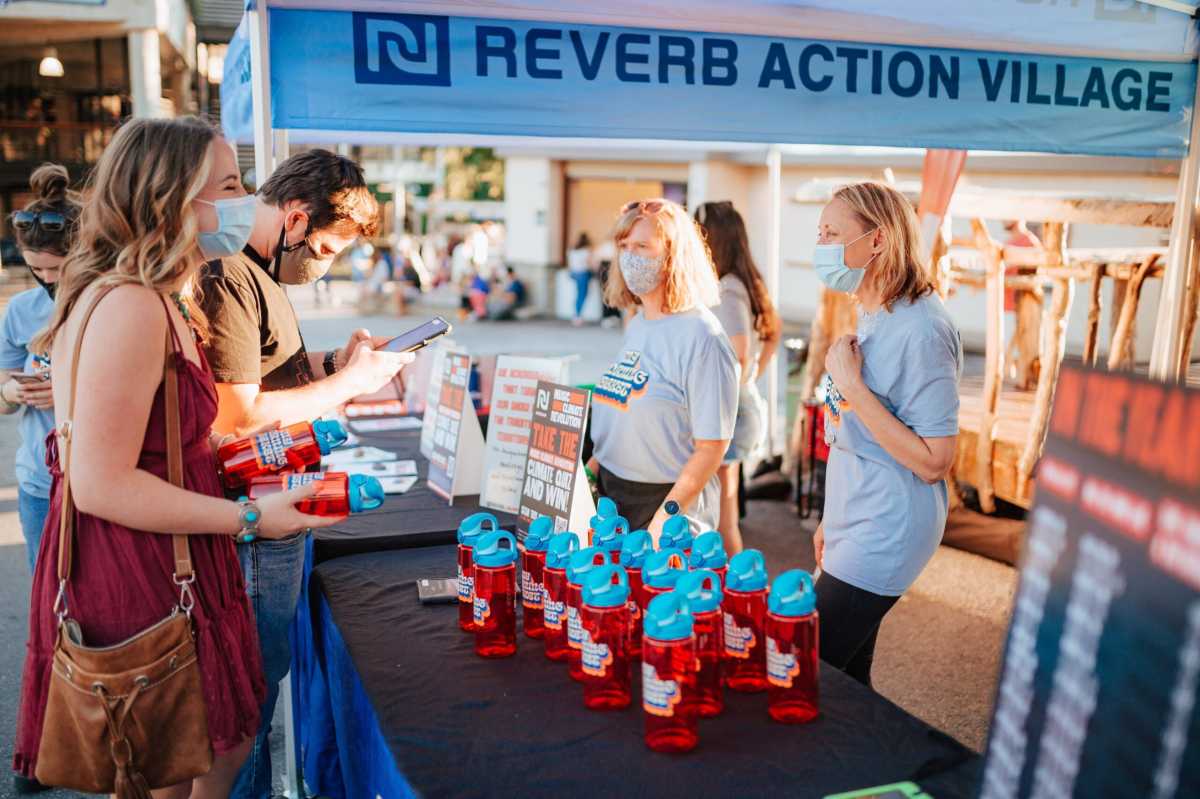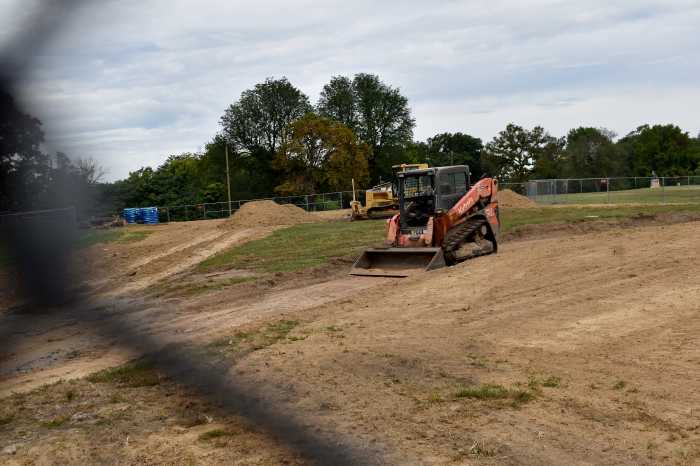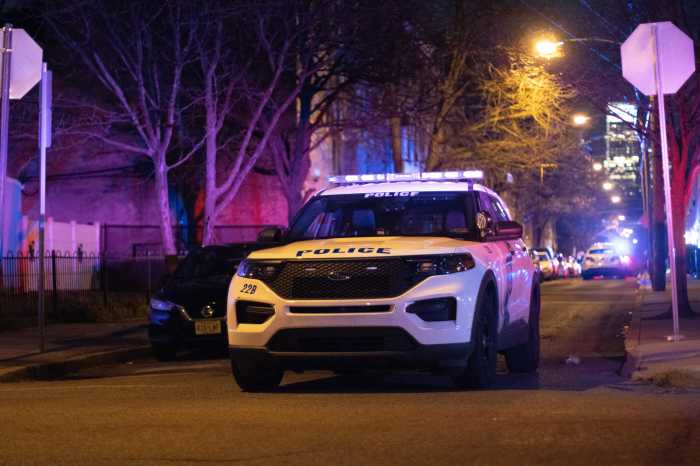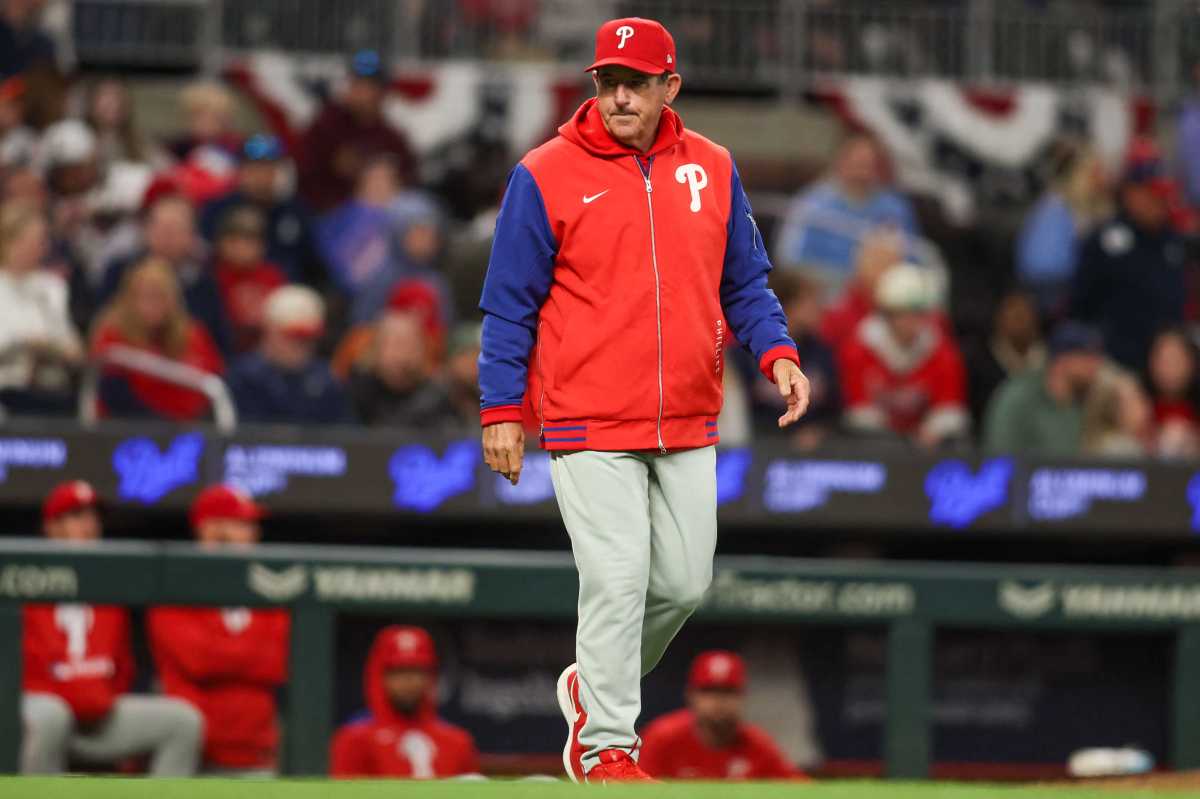Anyone who has attended a concert at Citizens Bank Park or went to a music festival at the Camden waterfront has seen it before: thousands of empty plastic water bottles; trash-lined sidewalks; black exhaust from tour buses idling in parking lots. The waste and carbon pollution created from these shows is staggering and has plagued the music industry for years — until now.
This summer, as the Dave Matthews Band and Dead & Company roll into the City of Brotherly Love, it will be on tour buses that are powered by biodiesel, a fuel derived from organic waste. Single-use plastic bottles will be discouraged at venues and plant-based meals will be served at concession stands.
That’s because these musicians and others are partnered with REVERB, a green music touring consultant that reduces the environmental footprints of major acts around the globe.
Founded in 2004 by environmentalist Lauren Sullivan and her musician husband, Adam Gardner of Guster, REVERB partners with musicians and venues to green their concert events while also educating fans about the environment and empowering them to take action with social issues. Early artist partners were Jack Johnson, Maroon 5, John Mayer, and the Barenaked Ladies – and they continue to work with all of them today.
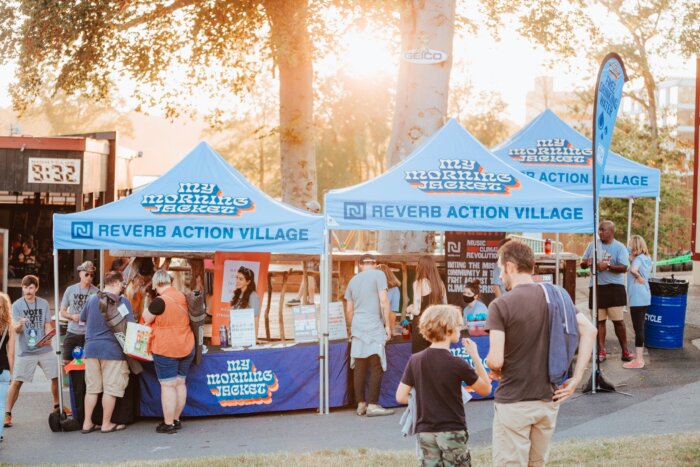
The work starts on the tour buses with REVERB sustainability coordinators, or green techs, traveling with musicians and crewmembers in order to teach best practices. This interaction could be something as simple as monitoring recycling to something complex like arranging renewable fuels for the buses.
“We have many initiatives within the music community, but the best thing we can do is avoid waste on the road and at venues,” said Chris Spinato, REVERB’s manager of communications. “Our main effort is now providing reusable water bottles and free refill stations at concerts.”
Single-use plastic water bottles are one of the biggest sources of pollution at live music events. They are detrimental to the environment, use dirty energy to produce, and are hard to dispose. REVERB’s #RockNRefill campaign has eliminated an estimated four million single-use plastic bottles since 2013, and the fans get a reusable water bottle to take home. Additionally, 100% of the profits from bottle sales go directly to climate nonprofits, raising $2.3 million to date for various environmental causes.
The results are conclusive: State Farm Arena, Climate Pledge Arena, and the Chase Center had landfill diversion rates of 85% or higher as stops on Billie Eilish’s 2022 tour, according to REVERB’s impact report.
Although some companies and bands have practiced tour sustainability over the years (Pearl Jam began to lower its carbon footprint in 2003 when it was expensive and viewed as trendy) only REVERB has a direct connection to the fans and works with a large local volunteer staff — over 25,000 people since its founding.
Eco-Villages are located at each venue and manned with eager volunteers, ready to promote REVERB’s message of sustainability and provide reusable water bottles for concert-goers. Empowerment is part of the nonprofit’s culture, and fan engagement at shows helps to spread the word about being eco-friendly in their own communities after the event.
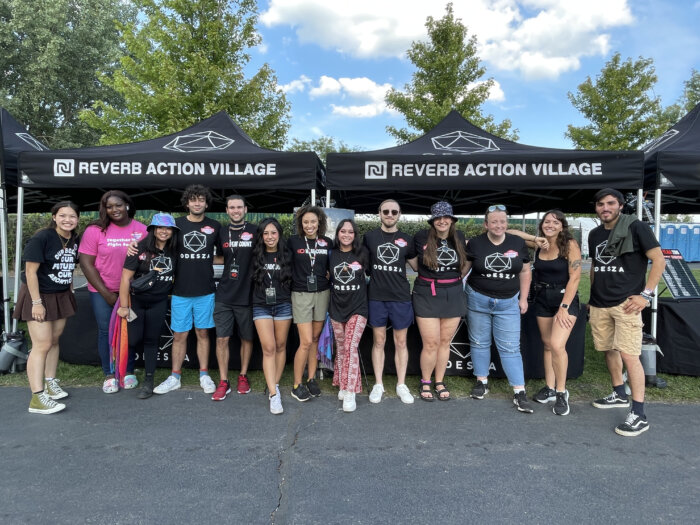
“I’m passionate about the health of our planet and volunteering allows me to take action,” said long-time staffer Heather Cunningham. “I’ve witnessed the impact fan outreach has. I’ve spoken with fans who regularly travel with reusable straws and have seen lines of fans waiting to fill up their reusable bottles. I’ve collected donations and experienced the generosity of strangers.”
While the eco-villages help start conversations with fans in a positive atmosphere, REVERB’s mission is to reach out farther to have a bigger impact on the climate crisis.
One of the ways they do this is Farm-to-Stage, an agriculture program that connects local farmers with tour chefs and caterers, putting local ingredients on the plates of artists and their crew in every community they visit. This practice reduces the amount of fuel and the associated emissions related to the transport of food items and supports community-scale agriculture.
“Neutralizing waste doesn’t go far enough,” said Spinato, “so we push for decarbonization in the industry, preventing greenhouse gasses by eliminating carbon emissions from things like generators and trucks.”
This year, in partnership with Willie Nelson’s Luck Reunion Concert, REVERB replaced diesel-powered generators with solar panels and intelligent battery systems to stages and other areas of the festival that aren’t served by grid power, making it one of the largest events ever powered by green energy.
Music industry stakeholders can reduce tour-related emissions by being conscious of transportation and energy usage; a report released last year by the Tyndall Centre for Climate Change Research and featured in the Washington Post said doing so can help keep global warming below 2 degrees Celsius, compared to preindustrial levels.
While local efforts at sustainability will be made at Philadelphia venues like The Filmore and The Met this year, REVERB’s reach is broader with various social justice initiatives, including a biodigester project in Mexico that allows farmers to have inexpensive fertilizer, and Hozho Houses, a solar panel installation on Hopi/Navajo reservations that creates green tech jobs for their people.
Since its inception, REVERB has eliminated over 287,000 pounds of CO2e and raised $5.7 million for environmental causes on over 350 music tours, making it the leader in green music tours and warrior for the planet. But the foundation of their work still lies in bringing artists and fans together to create a better world for people and the planet through direct action on service projects.
“The fans take home what they learned to their families, and it reverberates through the community” said REVERB’s Spinato. “People can make a difference if they act. Individuals coming together can work to make a difference, and that leads to real change.”



